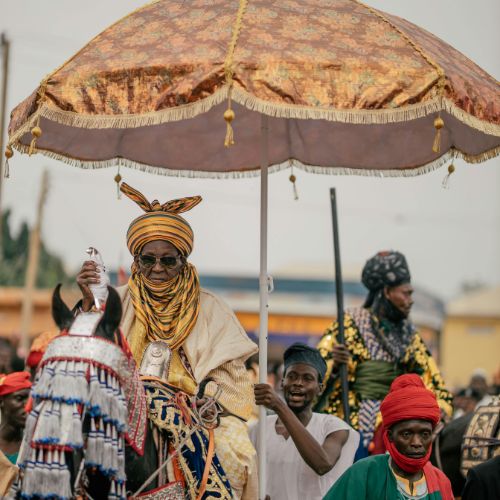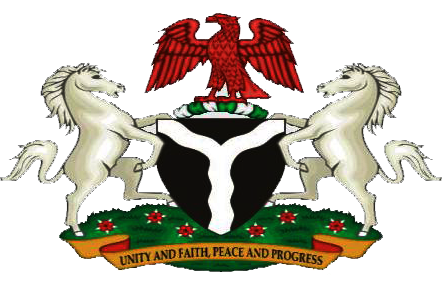Introduction:
Nigeria is a land of rich cultural diversity, home to over 250 ethnic groups. Among its most celebrated traditions are Nigerian weddings, which are vibrant expressions of love, family, and heritage. Each ethnic group – Yoruba, Igbo, Hausa, and others – brings unique customs and rituals to these ceremonies, making them unforgettable experiences.
Yoruba Weddings: A Celebration of Unity
Yoruba weddings are renowned for their grandeur and colorful displays. Central to the ceremony is the Aso Ebi, a coordinated outfit worn by family and friends to signify unity and support. The groom’s family traditionally presents gifts like yam, wine, and a bride price to the bride’s family. A significant moment is the groom prostrating in front of the bride’s family to show respect, symbolizing humility and readiness for marriage.
Igbo Weddings: The Journey of Love
Igbo weddings, or Igba Nkwu, are equally vibrant and rooted in tradition. The ceremony often begins with the bride carrying out a symbolic search for her groom among the male guests, eventually identifying him by serving him palm wine. Gifts such as kola nuts, wine, and traditional fabrics are exchanged between families, signifying the union of the two households.
Hausa Weddings: A Simplicity with Deep Meaning
Hausa weddings are known for their simplicity, guided by Islamic customs. The Kayan Zance (bridal gifts) is an important aspect, where the groom presents items like perfumes, clothing, and jewelry to the bride. The wedding typically involves a Nikah (Islamic marriage ceremony) led by an Imam, followed by traditional dances and feasting.
The Role of Music and Dance
No Nigerian wedding is complete without music and dance. From the pulsating beats of talking drums in Yoruba ceremonies to the highlife music at Igbo weddings and the rhythmic Hausa dances, music sets the tone for joyous celebrations.
Modern Touches in Traditional Weddings
While traditional elements remain the heart of Nigerian weddings, many couples now blend them with modern practices. It’s common to see a traditional ceremony followed by a Western-style white wedding, giving couples the best of both worlds.
Conclusion:
Nigerian traditional weddings are more than ceremonies; they are a celebration of heritage, community, and love. They serve as a reminder of the beauty in diversity and the importance of family ties. Whether you’re attending as a guest or simply learning about these traditions, the energy and cultural richness of Nigerian weddings are unforgettable.


